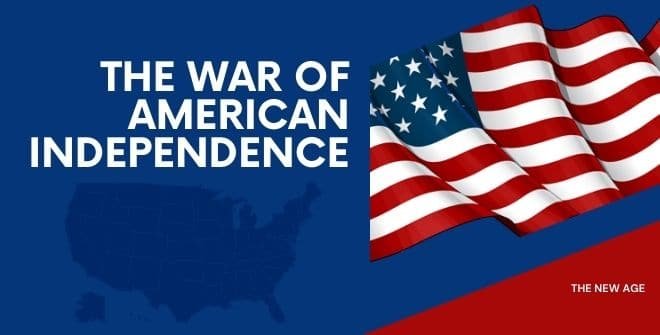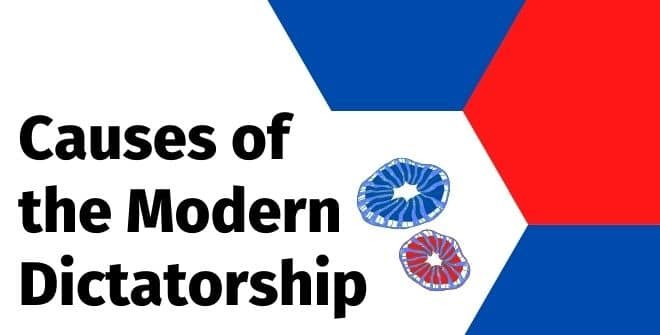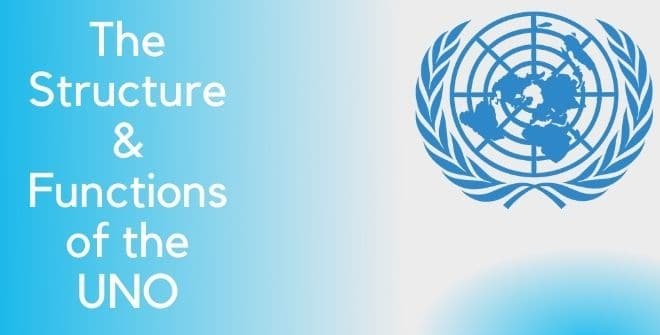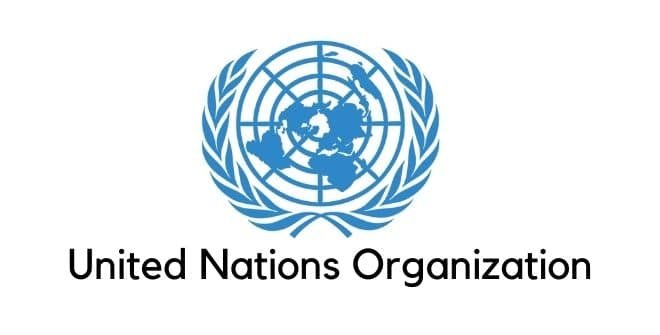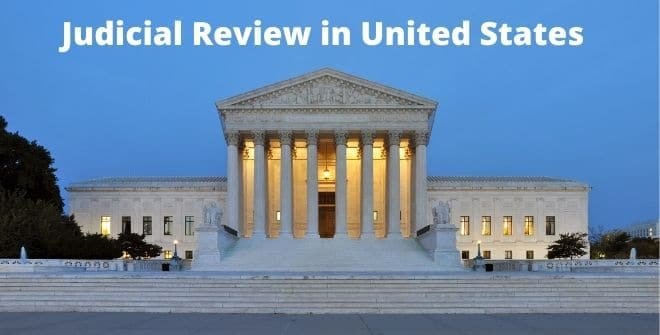Causes of the French Revolution: Political, Social, Economic, and Intellectual Factors
The French Revolution was a watershed event in modern European history that began in 1789 and ended in the late 1790s with the ascent of Napoleon Bonaparte. During this period, French citizens razed and redesigned their country’s political landscape, uprooting centuries-old institutions such as absolute monarchy and the feudal system. This article discuss about Causes … Read more


